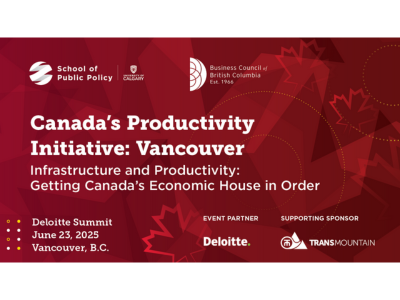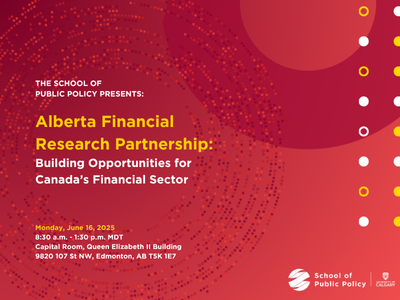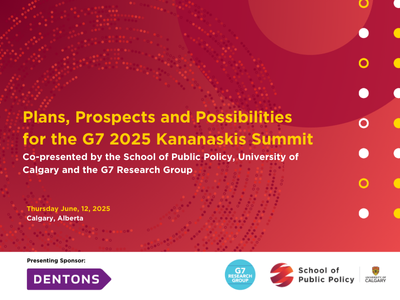Trudeau’s policies – hello jobs and the environment, goodbye social licence
The Beatles’ well known lyrics in “Hello Goodbye” pretty much portray the state of the nation in matters of energy and environment:
You say “Yes”, I say “No”
You say “Stop” and I say “Go, go, go”
– Oh no.
It is not supposed to be easy to run a country. Many Canadians say “yes” to the actions being taken by governments to fight climate change, many say “no” to carbon taxes. Some say “stop” the production of hydrocarbons, others say “go, go, go” and build pipelines.
At the same time, running a country in keeping with what you got elected for is the right thing to do. During the election campaign, the Prime Minister Trudeau said he would improve the economic conditions for the middle class. He committed to improving Canada’s environmental performance, notably in the fight against climate change. At about the half point in its mandate, how is the government doing?
Integrating the two commitments made during the election campaign is an incredibly difficult task, part of the pursuit of sustainability. The deep roots of the concept of sustainability are found in the March 1987 United Nation’s Brundtlant Commission Report, “Our Common Future” (at the time, sustainability was known as sustainable development):
Sustainable development is development that meets the needs of the present without compromising the ability of future generations to meet their own needs. It contains within it …the concept of ‘needs’, in particular the essential needs of the world’s poor, to which overriding priority should be given.
Sustainability is very difficult to apply in practice when preparing to meet the energy needs of the entire world and control climate change at the same time. Also, what is almost always forgotten is the Brundtland Commission’s emphasis on meeting the needs of the world’s poor. Translated into today’s language, this means contributing to human development in countries or continents hoping to go from developing to developed, for instance, China, India, and the countries of Africa, where many people aspire to a quality of life they have never experienced, and which the Western World has become accustomed to and too often is taking for granted. Human development in all parts of the world will require a lot of energy, renewable and non-renewable. Canada and its enviable record in democracy, human rights, regulatory systems, safety and environment is ideally positioned to satisfy the world’s need for that energy, responsibly.
Sustainability is also a decision-taking process. In the language of the Brundtland Commission:
• “Environment and development are not separate challenges; they are inexorably linked.”
• “Thus economics and ecology must be completely integrated in decision making and lawmaking processes not just to protect the environment, but also to protect and promote development. Economy is not just about the production of wealth, and ecology is not just about the protection of nature; they are both equally relevant for improving the lot of humankind.”
This is pretty much what the Trudeau Government has tried to do by taking a leadership position at the United Nations Climate Change Conference (COP 21) in December 2015, promoting progress in the journey towards reconciliation with Canada’s Indigenous peoples, adopting a National Oceans Protection Plan, approving the Trans Mountain Pipeline Expansion and the Enbridge Pipeline Line 3 upgrade, turning down Enbridge’s Northern Gateway pipeline project, and vigorously promoting free trade among nations. Taken together, these decisions are meant to improve economic conditions for Canadians including the middle class, notably in Alberta with improved returns for Canadian oil coming out of pipelines having access to tidewater and therefore better prices. They are also meant to continually improve Canada’s environmental performance and allow it to meet its international climate change commitments. These decisions must be integrated and viewed together to be judged properly. Is the government doing the right things? Their rightness will be assessed based on their outcomes, at the next election. By 2019, will the middle class have seen their economic circumstances improve? Will Canada have shown signs that the actions it has taken in keeping with its climate change commitments have begun to make a difference, in keeping with the long-range plan, without undue economic consequences? If a plurality of Canadians answer “yes” to these questions, the Trudeau Government will likely be re-elected. If they answer “no”, then they will likely be asked to “go, go, go” and leave the place to others.
In the process of making difficult decisions, the Trudeau government has thankfully departed from its election campaign’s stance on “social licence” and its ill-advised “governments grant permits but communities grant permission” ideas. This is now over, as the government’s language has shifted to phrases such as the “national interest” or the “public interest”, concepts which envisage taking decisions for the greater common good, acknowledging that some people will be inconvenienced by them and vocally opposed to them, as you fully expect in a well-functioning democracy such as ours.


